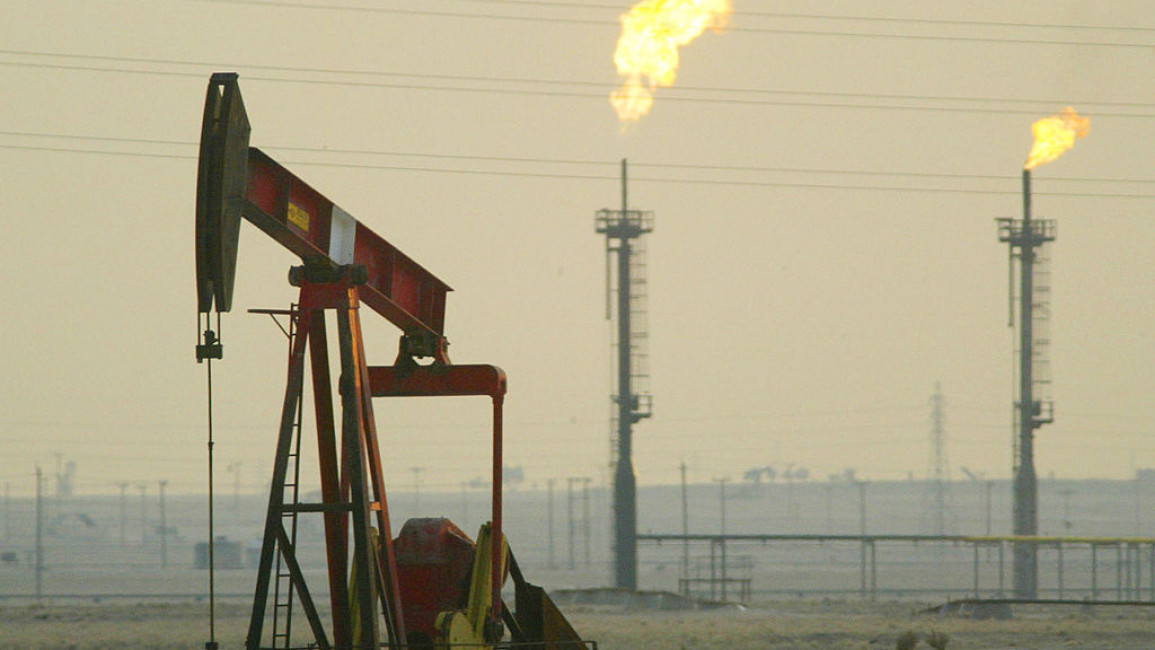Iraq oil ministry blocks attempts by China to seize greater control of energy sector
Iraq's oil ministry thwarted three prospective deals last year that would have handed Chinese firms more control over its oilfields and led to an exodus of international oil majors that Baghdad wants to invest in its creaking economy.
Since the start of 2021, plans by Russia's Lukoil and US oil major Exxon Mobil to sell stakes in major fields to Chinese state-backed firms have hit the buffers after interventions from Iraq's oil ministry, according to Iraqi oil officials and industry executives.
Selling a stake to a state-run Chinese company was also one of several options being considered by Britain's BP, but officials persuaded it to stay in Iraq for now, people familiar with the matter said.
China is Iraq's top investor and Baghdad was the biggest beneficiary last year of Beijing's Belt and Road initiative, receiving $10.5 billion in financing for infrastructure projects including a power plant and an airport.
But when it comes to further Chinese investment in major oilfields, Baghdad has drawn a line in the sand.
Iraq's government and officials at state-run firms are concerned that further consolidation of fields in the hands of Chinese companies could accelerate an exodus of Western oil companies, a total of seven Iraqi oil officials and executives with companies operating in Iraq told Reuters in interviews.
Supported by state-run oil company officials, Iraq's Oil Minister Ihsan Abdul Jabbar dissuaded Lukoil last year from selling a stake in one of the country's largest fields, West Qurna 2, to Chinese state firm Sinopec, three people familiar with the matter said.
Iraqi officials also intervened last year to stop Chinese state-backed firms from buying Exxon's stake in West Qurna 1 and to persuade BP to stay in Iraq rather than offloading its interest in the giant Rumaila oilfield to a Chinese company, people familiar with the matter said.
Combined, Rumaila and West Qurna produce about half of the crude coming out of Iraq, which sits on the fifth-largest oil reserves in the world.
Iraq's oil ministry did not respond to requests for comment about the deals or the minister's role in any interventions.
The government worried that China's dominance could make Iraq less attractive for investment from elsewhere, two government officials said.
China's strengthening relationship with Iran has helped its position in Iraq due to Tehran's political and military influence there, but the oil ministry is wary of ceding more control over the country's key resources, some officials said.
"We don't want the Iraqi energy sector to be labelled as a China-led energy sector and this attitude is agreed by government and the oil ministry," another Iraqi official said.
Over the past decade, oil revenue accounted for 99 percent of Iraq's exports, 85 percent of the country's budget and 42 percent of its gross domestic product, according to the World Bank.
While oil majors jostled to get access to Iraq's vast oilfields after the US-led invasion in 2003, they are increasingly focused on the energy transition and more profitable plays elsewhere. They also want better terms to develop fields, oil executives said.
China is among the biggest buyers of Iraq's crude and Chinese state firms have built up a dominant position in its oil industry.


![Minnesota Tim Walz is working to court Muslim voters. [Getty]](/sites/default/files/styles/image_684x385/public/2169747529.jpeg?h=a5f2f23a&itok=b63Wif2V)




![Debris near Rafic Hariri International Airport [Getty]](/sites/default/files/styles/image_330x185/public/2176162423.jpeg?h=a5f2f23a&itok=MCSK9mkM)
![An Israeli air strike on Jabalia killed teenage journalist Hassan Hamad [Screengrab/X]](/sites/default/files/styles/image_330x185/public/2024-10/hassan%20hamad1.jpg?h=c12e0b96&itok=Rd_dyCVp)
